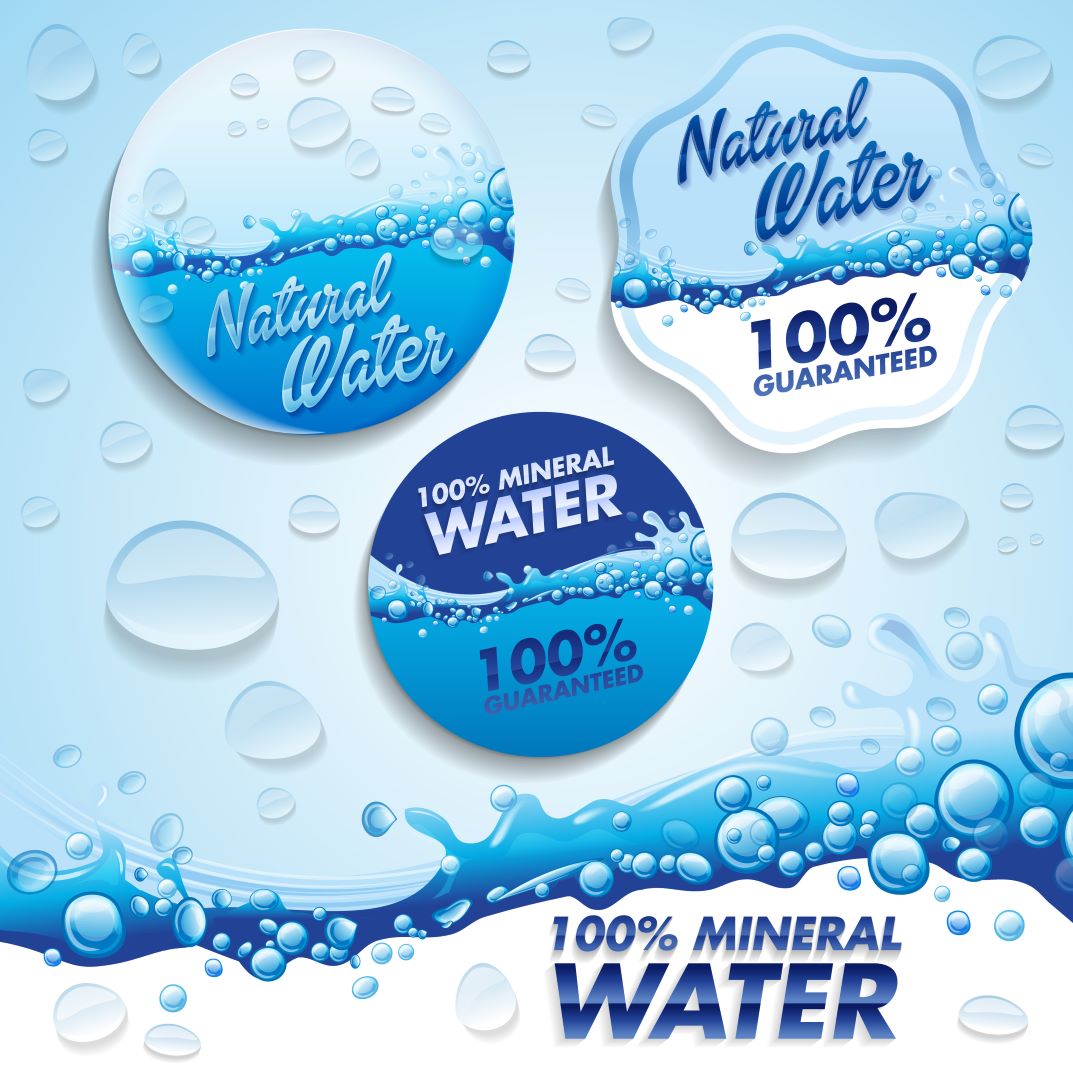Aqua Amore Blog & News
What is Mineral Water? Origins, Benefits, and Differences from Other Waters

Natural Mineral Water is defined as water that is naturally pure and free from harmful microorganisms. It must be free of contaminants, including parasites and bacteria such as E. coli, at both the source and throughout its bottling and distribution process. This ensures that Natural Mineral Water remains safe and wholesome for consumption from the moment it is sourced to when it reaches consumers.
In this article, we’ll look into the world of mineral water, exploring its origins, health benefits, and how it stands apart from other types of water.
What is Natural Mineral Water?
Natural Mineral Water is sourced from underground reservoirs or springs and contains a variety of minerals that are naturally dissolved in the water as it passes through geological formations. Unlike other types of bottled water, Natural Mineral Water must maintain its original purity and mineral composition from the source to the bottle.
In the European Union, Natural Mineral Water is the most highly regulated foodstuff. It is the only food product that requires governmental approval before it can be sold to the consumer. It must be officially recognised by the competent national authorities of the country where the source is located, and it must meet rigorous quality standards to ensure it is free from contaminants.
The Main Characteristics of Natural Mineral Water
Natural Mineral Water is subject to stringent regulations and standards to ensure its quality and safety. Several key components define and regulate Natural Mineral Water, ensuring it maintains its natural properties from source to bottle.
- Source Testing: The source of Natural Mineral Water must undergo rigorous testing for up to two years before it can be officially classified as ‘Natural Mineral Water’. This extensive testing ensures that the water meets all the necessary criteria for purity and mineral content.
- Bottled at Source: Natural Mineral Water must be bottled directly at the source to preserve its natural composition and prevent any contamination.
- Stable Mineral Composition: The mineral composition of Natural Mineral Water must remain stable over time.
- Significant Minerals: By law, significant minerals present in Natural Mineral Water must be highlighted on the label. This transparency allows you to understand the nutritional benefits of the water you’re drinking.
- Label Requirements: The label must declare the mineral analysis and prominently state ‘Natural Mineral Water’. Additionally, the name of the source must be the most prominent information on the label.
- Microbiological Purity: Natural Mineral Water must be microbiologically clean at the source. This means it should be free from harmful microorganisms, ensuring the water’s safety without the need for disinfection or chemical treatment.
- Permitted Treatments Only: Only certain treatments are allowed for Natural Mineral Water, such as removing unstable elements. These treatments must not alter the water’s original mineral content and properties.
Mineral Composition of Natural Mineral Water
Natural Mineral Water is distinguished by its stable and unique mineral composition, which is a direct result of the geological conditions in the area from which it is sourced. This stable mineral content must remain consistent over time, ensuring that the health benefits and taste of the water are preserved from the source to the bottle. The mineral content in Natural Mineral Water can vary significantly, with some waters having very low mineral levels (less than 50 mg/l) and others having very high concentrations (over 1500 mg/l).
Some of the key minerals found in Natural Mineral Water include calcium, magnesium, chloride, sodium, and sulphate. The detailed mineral analysis, including the concentrations of the minerals, must be clearly stated on the label of the bottles.
The label must also indicate the place of origin and the name of the source, ensuring consumers are informed about the water’s provenance. This labelling requirement helps highlight the unique characteristics of each water brand, allowing consumers to make informed choices based on their health needs and taste preferences.

Comparisons With Other Types of Water
Tap Water
Tap water and Natural Mineral Water are quite different in terms of their source and mineral content. Tap water is typically treated and supplied through municipal systems, which often involves adding chlorine or other disinfectants to ensure it is safe to drink. While tap water is generally safe and convenient for daily use, it usually lacks the high and consistent levels of minerals found in Natural Mineral Water.
Spring Water
Natural Mineral Water and spring water are both derived from natural underground sources and contain naturally occurring minerals. While both must be safe to drink and must be microbiologically pure at the source, there are distinct differences that set them apart.
Natural Mineral Water must maintain its original purity from source to bottling, meaning its mineral properties remain unchanged throughout the process. It must demonstrate a stable composition that is clearly labelled on the packaging and follow strict treatment regulations specific to Natural Mineral Water. Additionally, it must be officially recognised by the respective local authority to ensure it meets all required standards.
Examples of Natural Mineral Water
Natural Mineral Water is celebrated for its unique mineral content and the purity it maintains from source to bottle. Here are some well-known examples that you can find at Aqua Amore:
And more. At Aqua Amore, we make it easy to filter through your favourite waters. Whether you’re looking to try something new or want to browse via classification, our filtering system allows you to easily find exactly what you’re looking for.
Getting Started With Natural Mineral Water
As we conclude our exploration of Natural Mineral Water, it’s evident that this type of water offers much more than just hydration. Its unique and stable mineral composition, derived from natural underground sources, provides essential nutrients that can support various aspects of health. The distinction between Natural Mineral Water and other types of water lies in its consistent mineral content and stringent regulatory standards.
Natural Mineral Water offers a diverse range of options, from still to sparkling, each with its own unique profile of minerals. Finding the right balance in your water choice is essential. As you explore different brands, you may find a water that perfectly aligns with your personal preferences and enhances your overall well-being.












